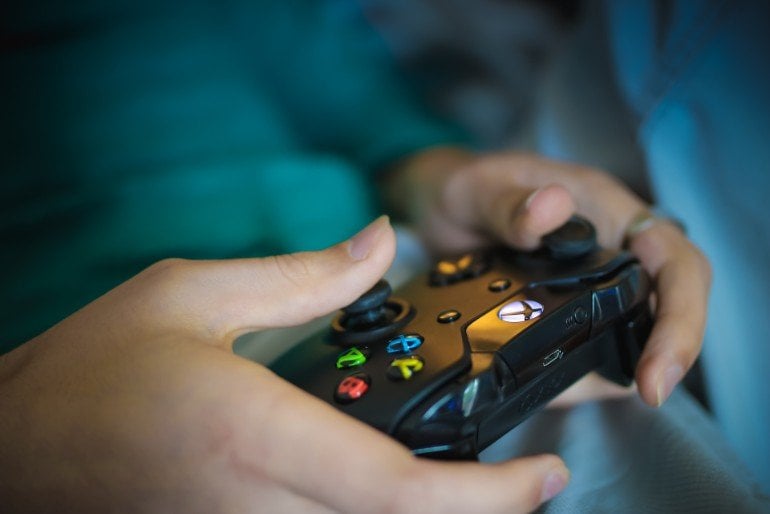Summary: Those who play video games are more likely to report experiencing positive emotions and better overall well-being.
Source: Oxford University
With the UK in a second national lockdown due to the COVID-19 pandemic and Christmas on the horizon, many will stay indoors to play and socially connect through video games. New research from Oxford University has delivered a surprising finding; time spent playing games is positively associated with well-being.
The new study is the first of its kind. Rather than asking players how much they play, it uses industry data on actual play time for popular video games Plants vs Zombies: Battle for Neighborville and Animal Crossing: New Horizons. The study suggests that experiences of competence and social connection with others through play may contribute to people’s well-being. Indeed, those who derived enjoyment from playing were more likely to report experiencing positive well-being.
These experiences during play may be even more important than the actual amount of time a player invests in games and could play a major role in the well-being of players.
Professor Andrew Przybylski, Director of Research at the Oxford Internet Institute, University of Oxford, and lead-author of the study, says, ‘Previous research has relied mainly on self-report surveys to study the relationship between play and well-being. Without objective data from games companies, those proposing advice to parents or policymakers have done so without the benefit of a robust evidence base.
‘Our findings show video games aren’t necessarily bad for your health; there are other psychological factors which have a significant effect on a persons’ well-being. In fact, play can be an activity that relates positively to people’s mental health – and regulating video games could withhold those benefits from players.
‘Working with Electronic Arts and Nintendo of America we’ve been able to combine academic and industry expertise. Through access to data on peoples’ playing time, for the first time we’ve been able to investigate the relation between actual game play behaviour and subjective well-being, enabling us to deliver a template for crafting high-quality evidence to support health policymakers.’

The study explored the association between objective game time and well-being, examining the link between directly measured behaviour and subjective mental health. It also explored the roles of player experiences, specifically how feelings of autonomy, relatedness, competence, enjoyment and feeling pressured to play related to well-being.
In their study, the Oxford researchers looked at patterns of player behaviour for two popular video games. More than 3,270 players were asked to complete a survey designed by the researchers to measure well-being, self-reported play, and motivational experiences during play. The survey findings were combined with objective behavioural data for the survey participants, collected by the video game companies.
Key findings include:
• Actual amount of time spent playing was a small but significant positive factor in people’s well-being
• A player’s subjective experiences during play might be a bigger factor for well-being than mere play time.
• Players experiencing genuine enjoyment from the games experience more positive well-being
• Findings align with past research suggesting people whose psychological needs weren’t being met in the ‘real world’ might report negative well-being from play.
About this psychology research news
Source: Oxford University
Contact: Press Office – Oxford University
Image: The image is in the public domain
Original Research: Open access (PDF).
“Video game play is positively correlated with well-being” by Johannes, Niklas, Matti Vuorre, and Andrew K. Przybylski. PsyArXiv






